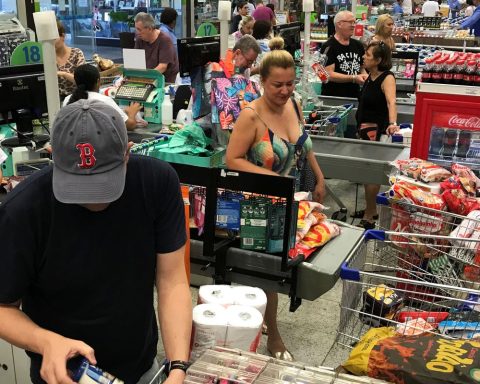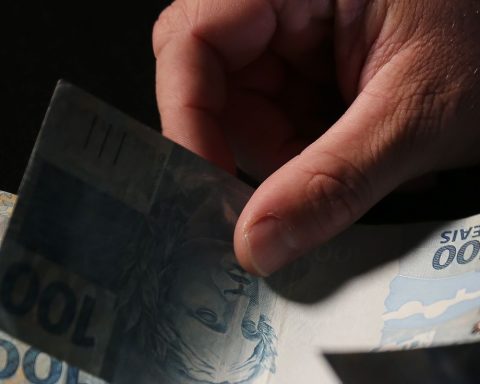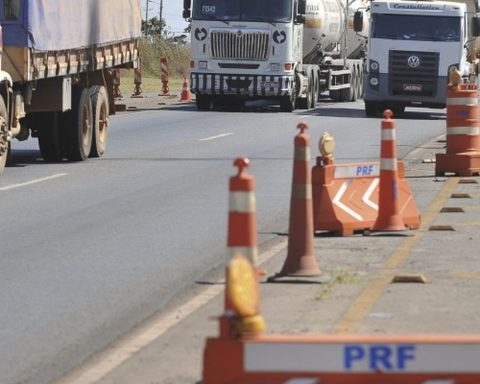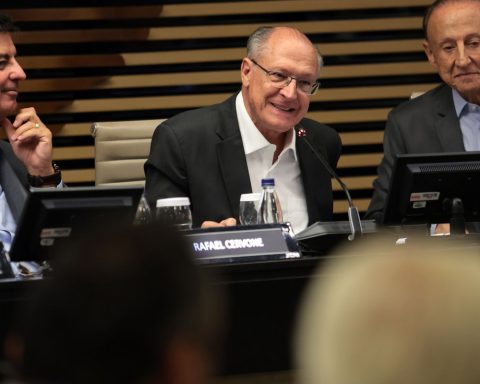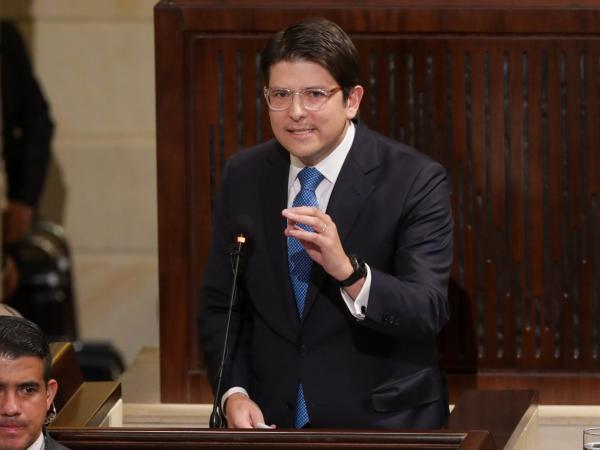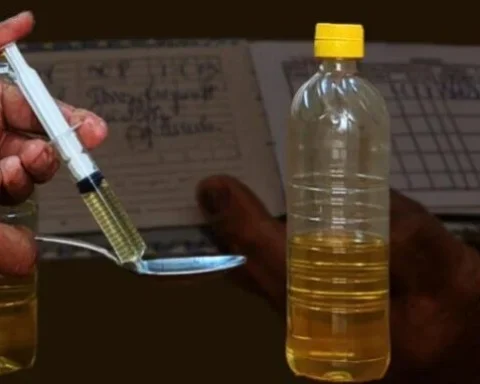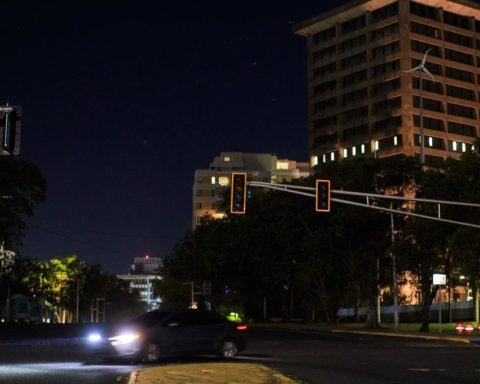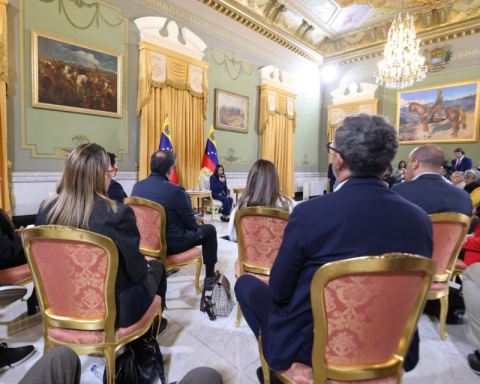From August 30 to December 31, rural producers in Rio Grande do Sul under environmental embargo will have more flexibility to avoid having their access to credit cut off. The National Monetary Council (CMN) approved a transitional rule that eases social, environmental and climate impediments to rural credit operations in the state, which was recently affected by floods.
In the case of agrarian reform settlements and areas occupied by traditional peoples and communities, rural credit will be prohibited only for areas subject to environmental embargo and to the agent responsible for the embargo of the area. The measure applies to embargoes by any competent environmental agency, federal or state, resulting from the economic use of illegally deforested areas registered with the Brazilian Institute of the Environment and Renewable Natural Resources (IBAMA).
The changes are included in a CMN resolution published this Wednesday (24). The Council is formed by the Ministers of Finance, Fernando Haddad, and Planning, Simone Tebet, in addition to the President of the Central Bank, Roberto Campos Neto.
Traditional rural producers also received help and had their rules relaxed. The CMN authorized that verifications of area overlap for projects should consider only the perimeter of the projects, instead of the surface of the rural property. Thus, the area of the project must coincide, at least partially, with the area of the respective Rural Environmental Registry (CAR).
In a statement, the Ministry of Finance reported that the urban infrastructure of several cities in Rio Grande do Sul was compromised, resulting in the instability of the National Rural Environmental Registry System (Sicar) of Rio Grande do Sul. This occurred because the headquarters of the state’s data processing company, which manages the Rural Environmental Registry (CAR), was flooded.
As the migration from the state version to the federal version of Sicar has not yet been completed, many rural producers in Rio Grande do Sul are having difficulty rectifying their property’s CAR and correcting problems that create limitations in accessing rural credit.

